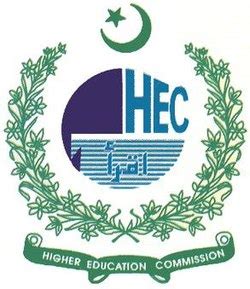Women's Empowerment and Vulnerability to Climate Change: An Econometric Analysis of South Asian Countries
DOI:
https://doi.org/10.51732/njssh.v10i3.207Keywords:
Women’s empowerment, Climate Change, Green Economic Growth, VulnerabilityAbstract
This research paper analyzes the impact of women’s empowerment (WE) on vulnerability to climate change (VCC) in South Asian countries from 1995-2023. To the best of our knowledge, no study has empirically examined the importance of WE in resilience strategies following a climate shock. This article contributes to the literature by employing the second-generation econometric analysis of the gender-climate nexus and exploring the significance of gender in adaptive policy. We use a Cross-sectional Autoregressive Distributed Lag (CS-ARDL) model’s co-integration technique which shows; (i) WE along with its components (women’s civil empowerment, social empowerment, political empowerment, and economic empowerment) reduces VCC by the inclusion of women in climate leadership and decision-making processes. (ii) Gender intersectionality significantly impacts the relationship between WE and VCC in climate adaptation through the transmission channels of human resource development, governance, and social and economic resilience. The robustness of these findings has been tested through the Wester Lund cointegration test, and the Dumitrescu Hurlin Granger causality test has been used to explore causality among the variables. The study highlights the significance of institutional resilience and Gender-responsive climate policies. Furthermore, the participation of women in civil, economic, political, and administrative decisions may improves adaptation to climate change.







